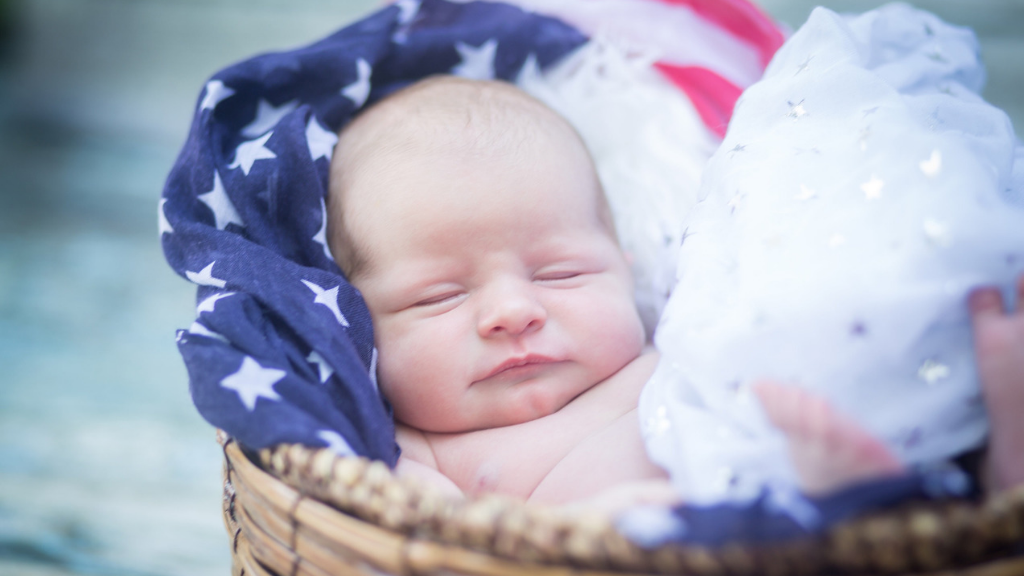Pregnant women from states facing birthright citizenship bans are traveling to Los Angeles for childbirth as President Donald Trump’s restrictions take effect.
Starting June 27, 28 states including Texas and Georgia will enforce bans on granting citizenship to children born to undocumented immigrants or short-term visitors. This change follows President Trump’s executive order and a recent U.S. Supreme Court decision that limited a lower court injunction blocking the order.
On June 4, a post titled “Going to LA Alone to Give Birth from Another State” appeared on LA Moms, an online Korean American community for women in Los Angeles and Orange County. The poster wrote, “I live in a state that does not allow birthright citizenship,” adding, “I am considering going to LA for delivery.”
Inquiries about out-of-state deliveries are increasing at Korean American postpartum care centers and obstetrics clinics. Sungho Kim, an obstetrician at a clinic in LA Koreatown, said, “Recently, we have received inquiries from states where birthright citizenship is suspended, such as Florida and Texas. The pregnant women come from various nationalities, not just Korean Americans.”
Michael Kim, CEO of MK Postpartum Care Center, said, “After the Supreme Court ruling, two Korean American pregnant women from states banning birthright citizenship made reservations with us,” adding, “In contrast, inquiries from Koreans about giving birth in the U.S. have decreased.”
A manager at a postpartum care center in LA Koreatown, identified as A, said, “Recently, we received four inquiries from Texas and Alabama,” explaining that most were from international students or families of corporate assignees.
A also noted, “Even for domestic travel birth deliveries, the first realistic barrier is health insurance. Each state has different insurance regulations, so giving birth in California may require paying all medical costs in cash.”
Outlooks on the birthright citizenship restrictions vary. Sungho Kim commented, “Today, it only takes about 10 hours by plane to enter the U.S. from anywhere in the world. If the current administration pushes strongly, a Supreme Court ruling upholding the restrictions or even a constitutional amendment is not impossible.”
On the other hand, Dave Noh, an immigration lawyer, said, “Legal opposition is strong, and realistically, it is difficult to change the principle of jus soli (citizenship by birthplace) guaranteed by the Constitution. Also, the recent Supreme Court decision did not address the constitutionality of the birthright citizenship ban itself, so we have to wait to see whether domestic birth tourism will increase.”
On May 27, the U.S. Supreme Court ruled to limit the scope of an injunction issued by a lower court that had blocked President Trump’s executive order banning birthright citizenship for children born in the U.S. to undocumented immigrants or short-term visitors. Consequently, 22 states, including California, Nevada, New York, Michigan, and Washington, which rejected President Trump’s order, continue to grant birthright citizenship.
BY KYEONGJUN KIM [kim.kyeongjun1@koreadaily.com]

![New film ‘K-POPS!’ blends Anderson .Paak with cameos from K-pop stars (From left) Alex Cha, chairman of the Korean Festival Foundation; Johnny “Dumbfoundead” Park; Anderson .Paak; and PK Kim pose for reporters. [Sangjin Kim, The Korea Daily]](https://www.koreadailyus.com/wp-content/uploads/2026/02/0203-KPOPS-100x70.jpg)

![Thefts target Korean churches in LA, exploiting Sunday services A man believed to be the suspect. [Courtesy of Pastor Sam Shin]](https://www.koreadailyus.com/wp-content/uploads/2026/02/0203-thief-100x70.jpg)
![SSA to scrutinize overseas travel of Social Security beneficiarie An illustrative image of Social Security beneficiaries traveling abroad. [ChatGPT-generated image]](https://www.koreadailyus.com/wp-content/uploads/2026/02/0202-social-security-100x70.jpg)